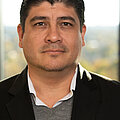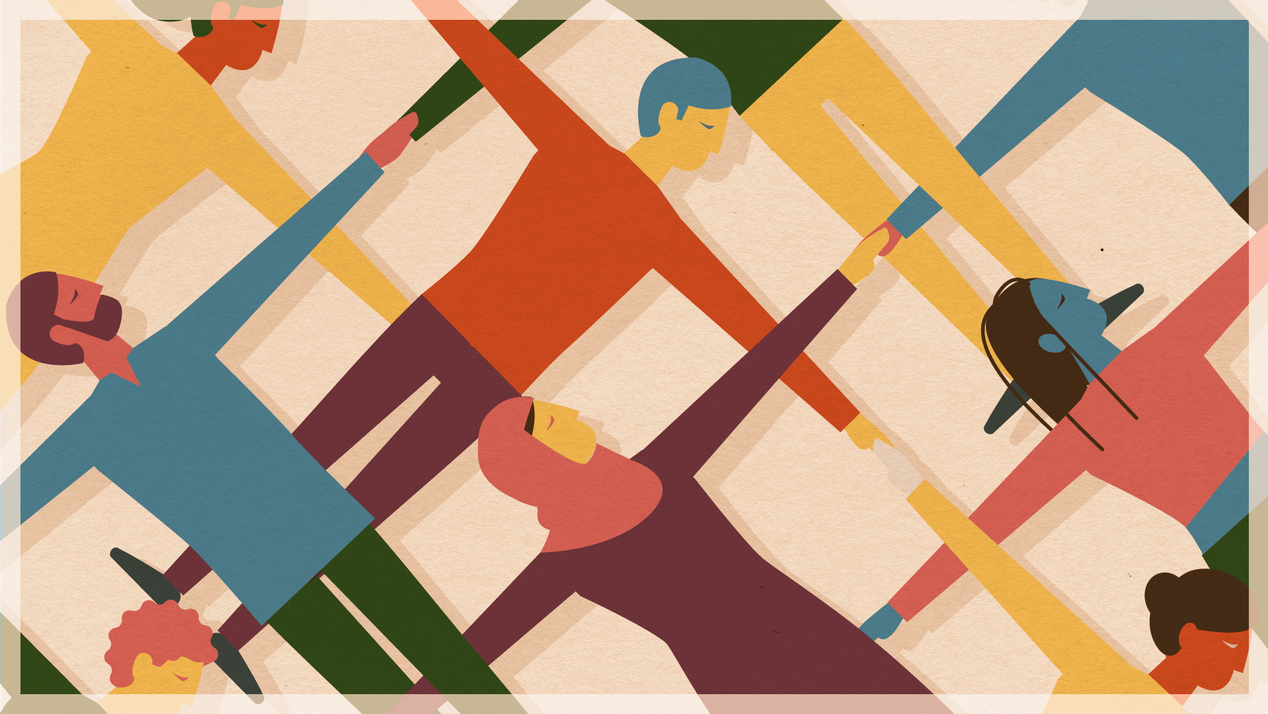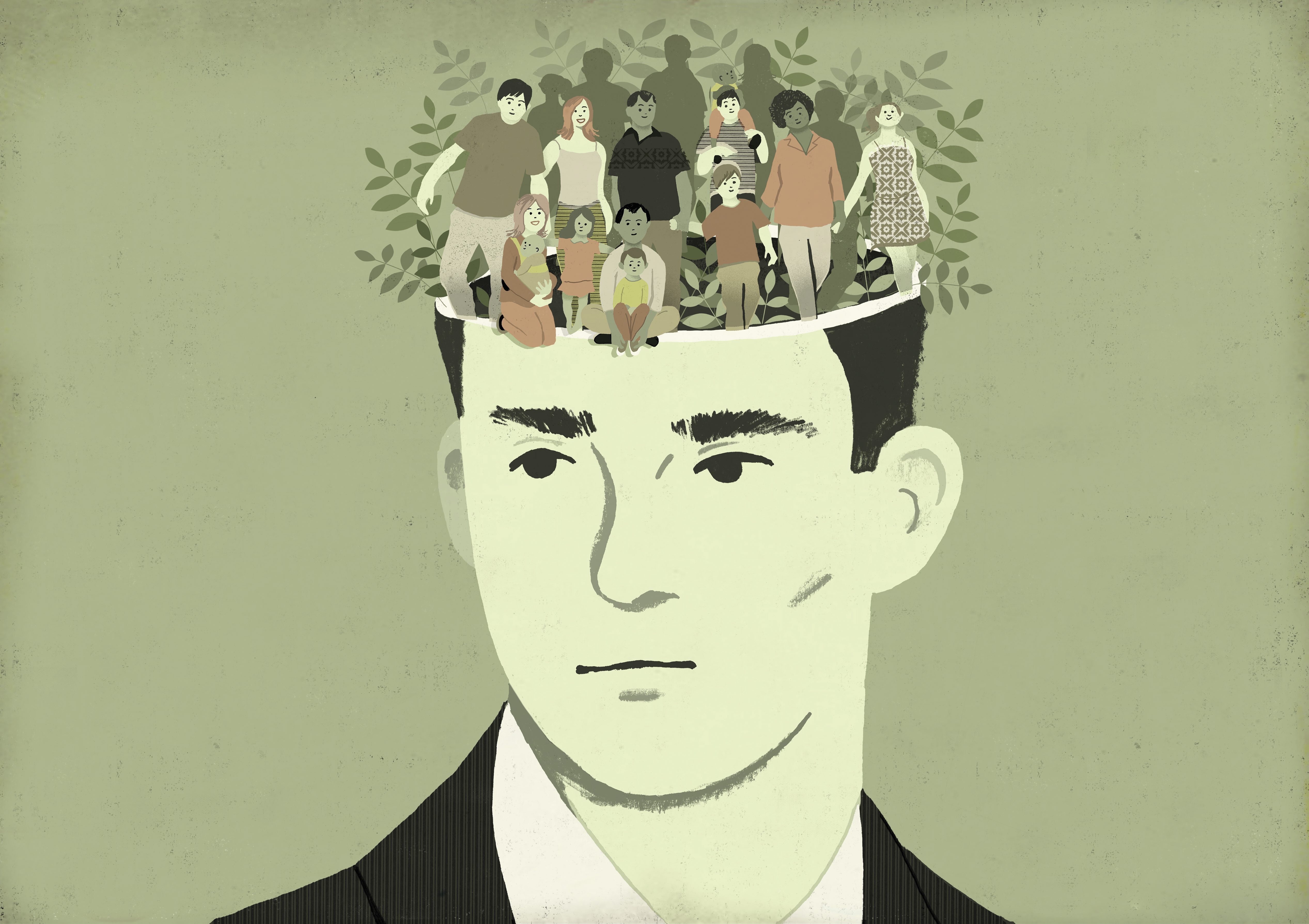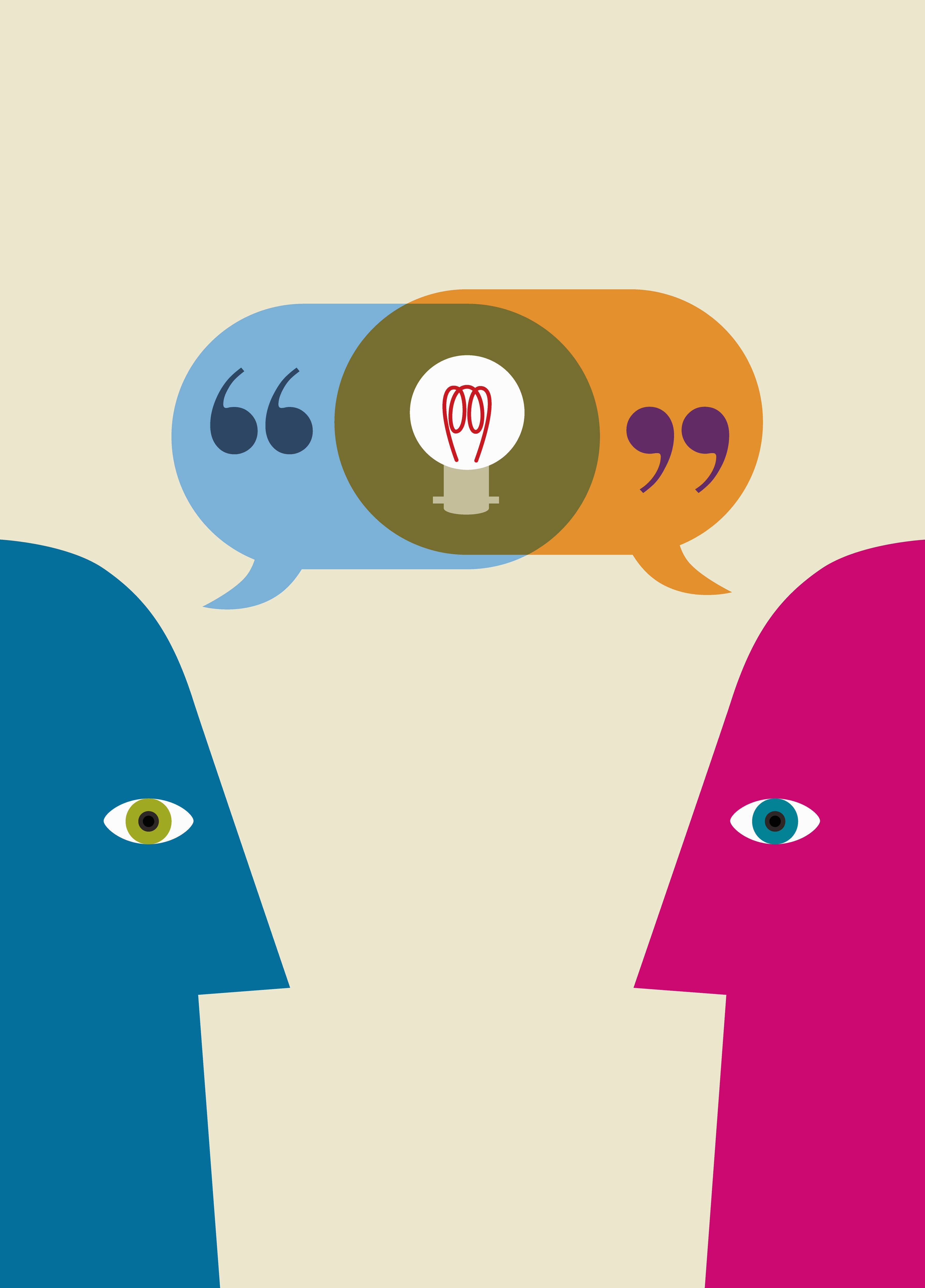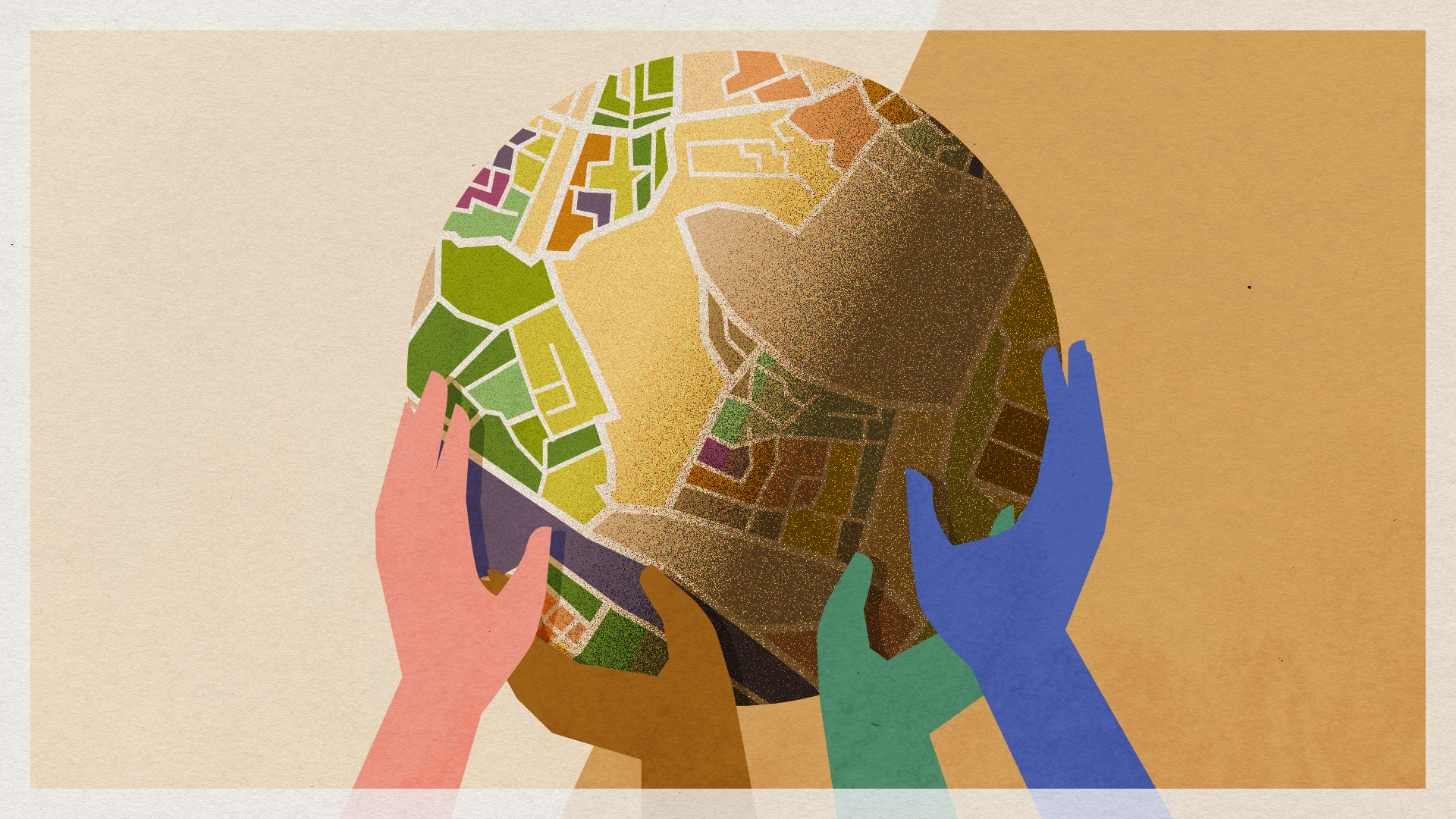Given the interconnectedness of our world and societies today, as evident during the Covid-19 pandemic, as well as the ramifications of environmental crises, climate change, global conflicts, and the nuclear threat, clinging to the "Us versus Them" perspective might offer temporary benefits for some. However, it fails to encompass the long-term consequences that cannot be contained to safeguard a selected few.
Within the concept of togetherness, action should extend beyond the immediate benefit of those encapsulated within the boundaries of their immediate identity. Instead, empathy should propel us to transcend these boundaries.
During my tenure in office, while advocating for Costa Rica's decarbonization plan, I initially held a fervent belief that decarbonization was a crucial pursuit, a genuine emotional catalyst for action, driven by my desire to secure a better future for my 10-year-old son. Don't misunderstand me—I still hold this belief, but my perspective has shifted.
Within the concept of togetherness, action should extend beyond the immediate benefit of those encapsulated within the boundaries of their immediate identity. Instead, empathy should propel us to transcend these boundaries.
I now perceive it through a different prism. I've come to understand that for other parents, who also cherish their children deeply, decarbonization might seem like a threat to their child's livelihood, particularly in contexts and countries heavily reliant on fossil fuels without a clear roadmap for transitioning.
So, what is the solution? In the short and medium term, a clash between the interests of exploiting and phasing out fossil fuels seems inevitable. However, in the grander scheme, we all share a common interest: ensuring a world that not only survives but thrives for the next generation. While the "Us versus Them" mindset often magnifies differences, we also have the capacity to adopt the broader framework of "I am because we are." The challenge of transitioning away from fossil fuels and developing viable alternatives isn't solely the responsibility of a specific group—it necessitates collaborative, transformative solutions that lead to win-win partnerships benefiting both people and the planet.
